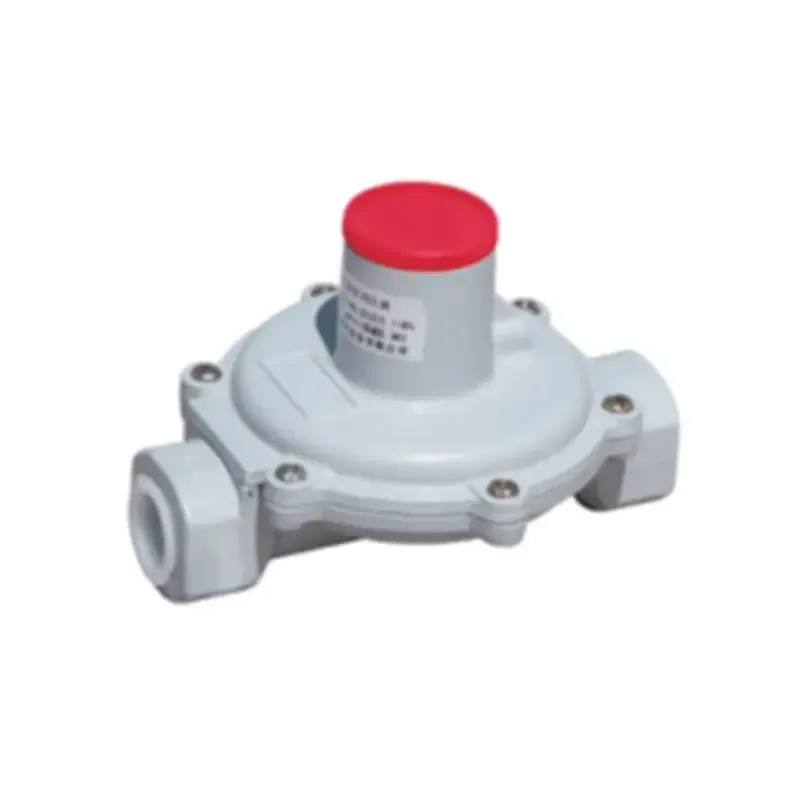
Nov . 10, 2024 13:57
Back to list
Natural Gas Control Valve for Efficient Flow Regulation and Safety Management
Understanding Natural Gas Valves Essential Components for Safety and Efficiency
Natural gas is a vital component of our daily lives, powering everything from heating systems to cooking appliances. However, the safe and efficient use of natural gas hinges significantly on one crucial component—the valve. Natural gas valves play a fundamental role in regulating the flow of gas and ensuring that it is used safely and effectively.
What is a Natural Gas Valve?
A natural gas valve is a mechanical device designed to control the flow of natural gas through pipelines and distribution systems. These valves can either allow or prevent the passage of gas, acting as gatekeepers in the distribution network. Various types of valves serve unique purposes, and their selection is critical for specific applications.
Types of Natural Gas Valves
1. Ball Valves Known for their excellent sealing capabilities, ball valves use a spherical disc to control the flow. When the ball is turned, it either blocks or allows the gas to pass. They are often used in residential and commercial applications due to their reliability and durability.
2. Gate Valves These valves are typically used for on/off control. They consist of a rectangular or circular gate that moves up or down to block or allow flow. Gate valves are not suited for throttling; rather, they are best utilized in applications where the valve remains fully open or fully closed.
3. Globe Valves Developed for throttling purposes, globe valves have a spherical body and are designed to offer a gradual flow control. They are often utilized in systems where precise flow regulation is essential, allowing for adjustments in gas pressure and flow rate.
4. Check Valves Safety is paramount when dealing with natural gas. Check valves are designed to prevent backflow, ensuring that gas flows in the correct direction. They automatically close when gas reverses direction, protecting the system from possible damage.
5. Pressure Relief Valves These valves are critical for safety in natural gas systems. They automatically release gas when pressure exceeds a pre-set limit, preventing potential explosions or damage to equipment.
natural gas valve

Importance of Natural Gas Valves
Natural gas valves are integral to the overall safety and efficiency of gas systems. They prevent leaks, ensure proper pressure regulation, and maintain the integrity of the entire distribution network. Without these components, the risk of accidents would significantly increase, leading to hazardous situations for both residential and commercial users.
Maintenance and Best Practices
Regular maintenance of natural gas valves is imperative to ensure optimal performance and safety. Here are some best practices
- Routine Inspections Regular checks can identify wear, corrosion, or other issues that may compromise the valve's functionality. This can help prevent unexpected failures and costly repairs.
- Regular Testing Pressure tests can verify that the valves are functioning correctly and sealing properly. Testing should be performed by qualified personnel to ensure compliance with safety standards.
- Proper Installation Following manufacturer guidelines and industry standards during the installation of valves is crucial. Incorrect installation can lead to failures and safety hazards.
Conclusion
Natural gas valves are an essential part of the infrastructure that delivers this critical energy source to our homes and businesses. Their role in regulating flow and ensuring safety cannot be overstated. As the demand for natural gas continues to grow, investing in high-quality valves and prioritizing their maintenance is vital for both safety and efficiency. By understanding the types of valves available and the best practices for their use, we can ensure a reliable and safe supply of natural gas for generations to come.
Latest news
-
Safety Valve Spring-Loaded Design Overpressure ProtectionNewsJul.25,2025
-
Precision Voltage Regulator AC5 Accuracy Grade PerformanceNewsJul.25,2025
-
Natural Gas Pressure Regulating Skid Industrial Pipeline ApplicationsNewsJul.25,2025
-
Natural Gas Filter Stainless Steel Mesh Element DesignNewsJul.25,2025
-
Gas Pressure Regulator Valve Direct-Acting Spring-Loaded DesignNewsJul.25,2025
-
Decompression Equipment Multi-Stage Heat Exchange System DesignNewsJul.25,2025

